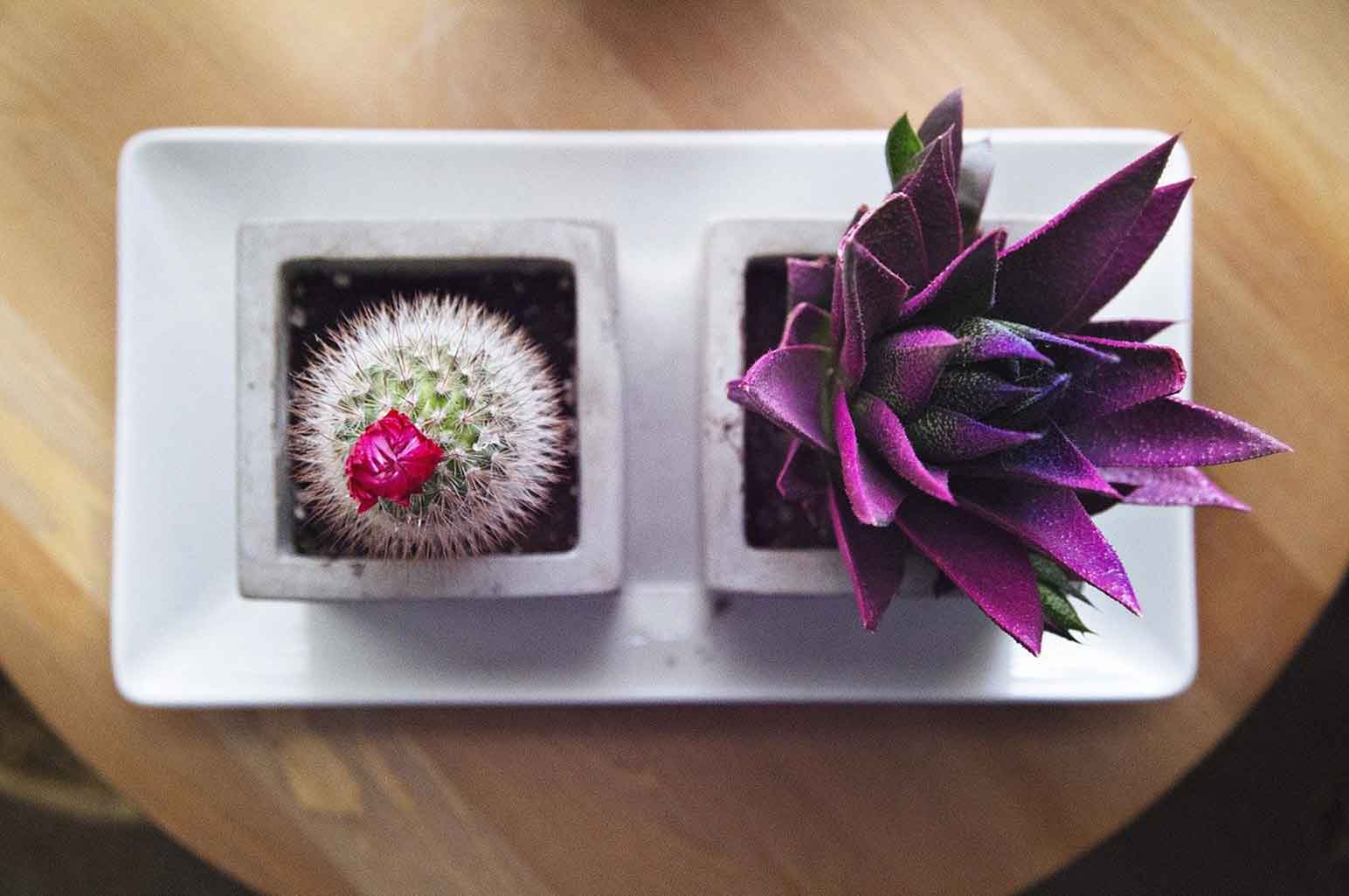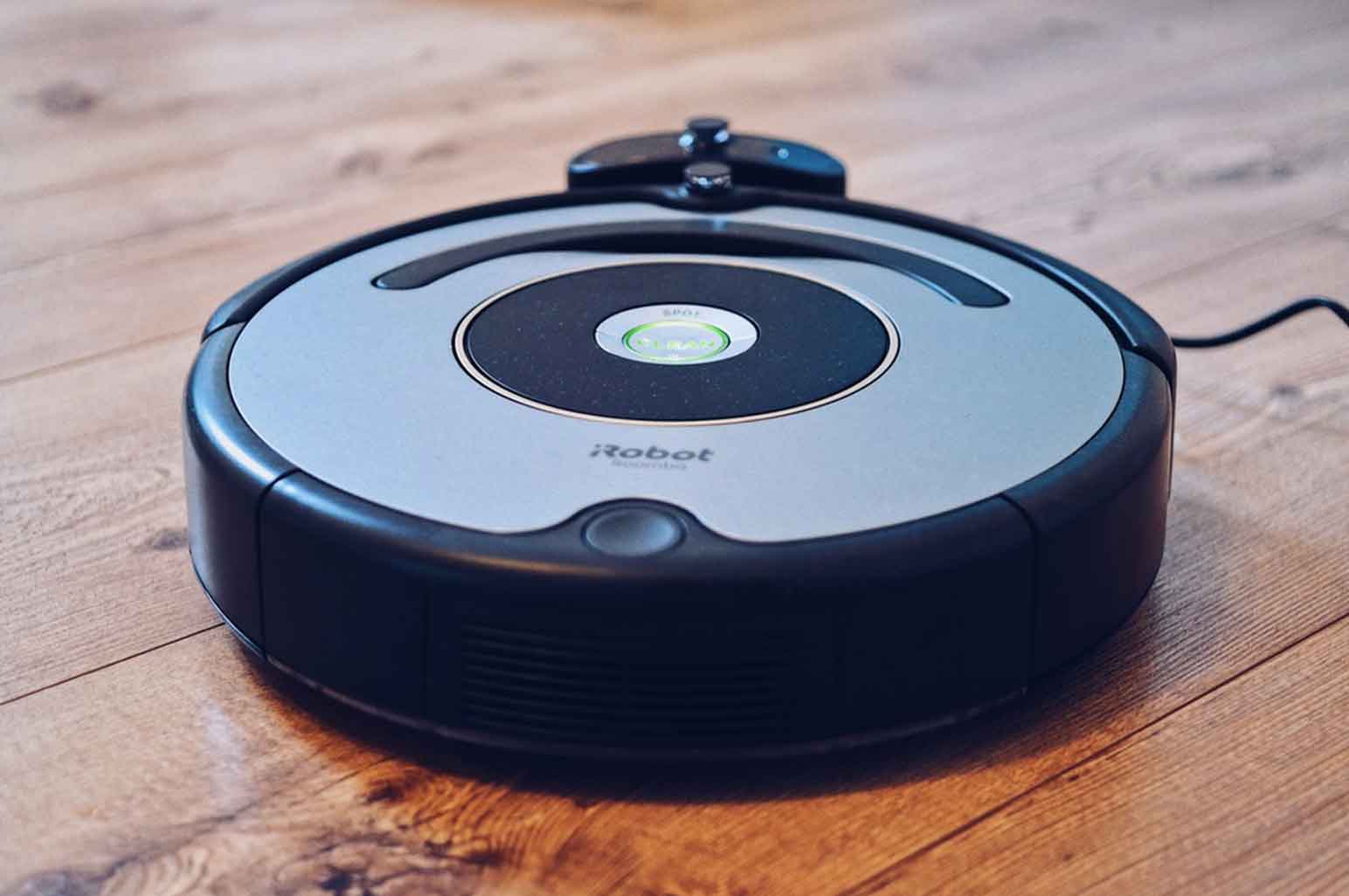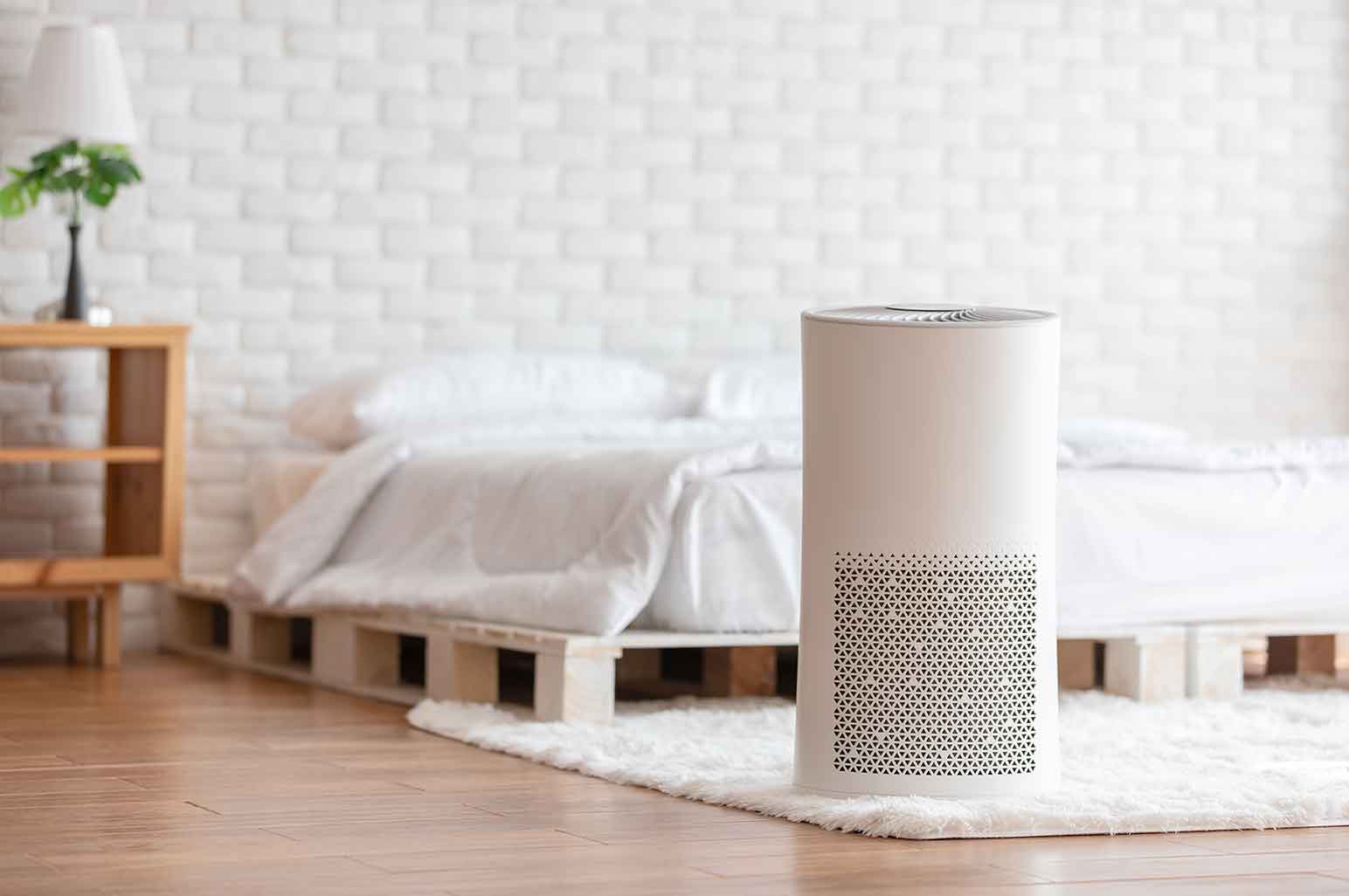
The cleanliness of our home can not only be achieved by simply removing dust and decluttering, but also by improving its air quality.
In this article, we will be discussing the air quality inside your house and the few ways on how you can improve it.
Importance of Indoor Air Quality
Indoor air quality refers to the air quality inside our home, buildings, and other structures where it relates to the health and comfort of the occupants.
When we breathe polluted air, pollutants get into our lungs. They can then enter our bloodstream, which can cause severe health problems like cardiovascular diseases, asthma, and even cancer.
Children, people with chronic diseases, and the elderly are particularly sensitive to the dangerous effects of toxic air pollution, whether indoor or outdoor. Other effects may show up after years of exposure ‒ and these effects can be severely debilitating or fatal.
That said, we have listed down seven ways on how you can improve your indoor air quality:

1. KEEP YOUR HOUSE CLEAN
Whether you own your house or renting a room, indoor air quality can be degraded by accumulating dust, animal dander, and mildew. This poor indoor air quality can trigger allergies and disorders, such as asthma and other breathing problems.
Regular and continuous cleaning of our home can suppress the daily germ build-up, which circulates along with the air inside your home.
2. BUY INDOOR PLANTS
According to NASA’s clean air studies, indoor plants can eliminate up to 87% of the air’s poisonous elements. These toxins come from paint, varnishes, carpeting, and some other products.
Also, putting two plants per square feet may help you reap the benefits. A few examples of these plants are English ivy, peace lily, weeping fig, spider plant, snake plant, dragon tree, Boston fern, and golden pothos.
Moreover, any indoor plants that clean the air and remove toxins may help you breathe fresher, healthier air.

3. ELIMINATE THE CAUSES OF POLLUTION
Indoor air pollution can increase a person’s chances of having chronic lung problems, such as asthma or chronic obstructive pulmonary disease.
Unfortunately, air pollutants don’t just occur outside our house. We bring those pollutants at home, either. Some of these pollutants are cigarette smoke and the household cleaners that we use.
Being smoke-free at home is the best way to approach some of these problems. It is also highly recommended to use natural cleaning agents to minimize the risks.
4. KEEP YOUR SHEETS DUST-FREE
Dumping your sheets in the laundry and washing them at least once-a-week may also help you improve your indoor air quality.
Washing your sheets help reduce allergens that circulate along with the air inside your home. This can trigger respiratory problems and other health issues.
5. SWEEP THE FLOORS
A simple walk can lift dust and tarnish the quality of air in your home. This can build up serious health issues, especially with individuals who have respiratory diseases.
Similarly, the dust can contaminate all sorts of items in your home, including food and common appliances.
By sweeping regularly, you will mitigate the spread of contamination in your home, making it safe to stay. Besides, sweeping is also an excellent way to make you fit.

6. AVOID SMOKING INDOORS
Smoking indoors one time is enough to contaminate the rest of the house.
Smoking is not just bad for your health, but it is also bad for your home’s health. The chemicals that smoking emits all linger in the air, on the furniture, and even on electronic outlets and devices, harming everyone at home.
The consequences of smoking inside your house include building up on your home’s air filter, which can harm your airconditioning unit. This can result in poor indoor air quality.
Not to mention that smoking indoor can leave stains, smell, and other maladies that can be very harmful to our health.
7. INVEST IN AIR PURIFIERS
Many people have doubts about using air purifiers. But does it really work?
The answer is yes.
Air purifiers can trap irritants and airborne allergens that flow along with the air inside your home, and it plays a significant role in eliminating them.
We should understand, though, that air purifier alone is not an adequate solution to allergy or indoor pollutant issues.
However, the use of air purifiers is just one step of enhancing the air quality in our home. And it should always be used as a conjunction in a regular cleaning.

Conclusion
It is essential to have great air quality inside our home, buildings, offices, and even inside our car. That’s because it helps us maintain good health.
Improving the air quality inside our home is one aspect that we should really think about investing in, as good indoor hygiene can significantly reduce dander and dust that goes along the air circulation.
So keep in mind that improved indoor air quality can have health benefits for you and your family.
